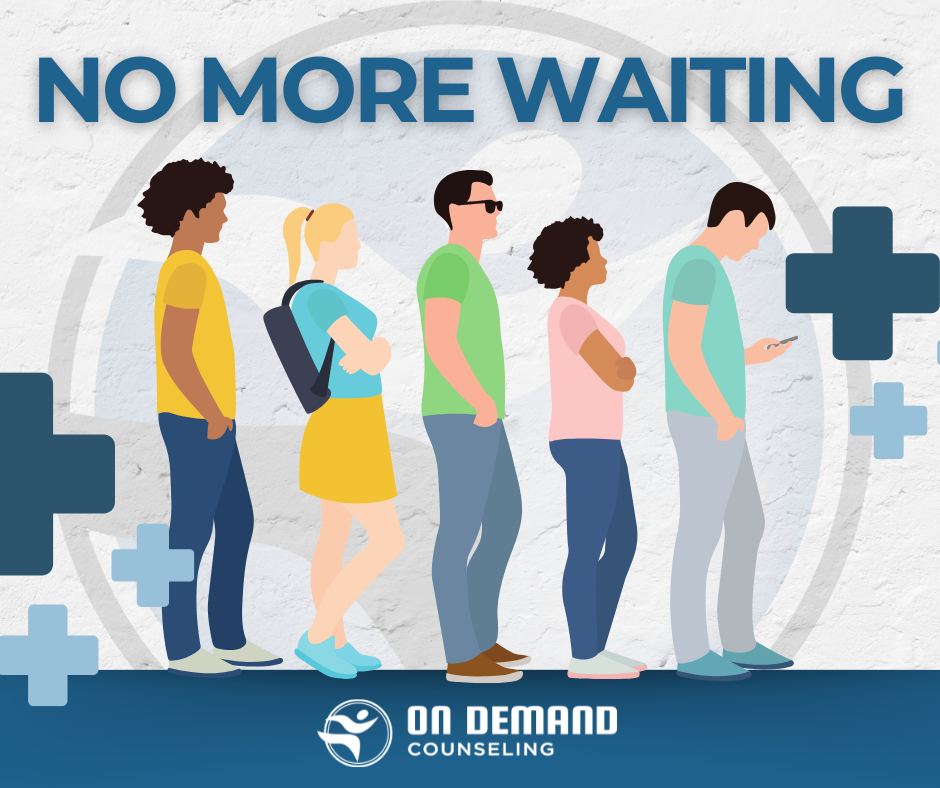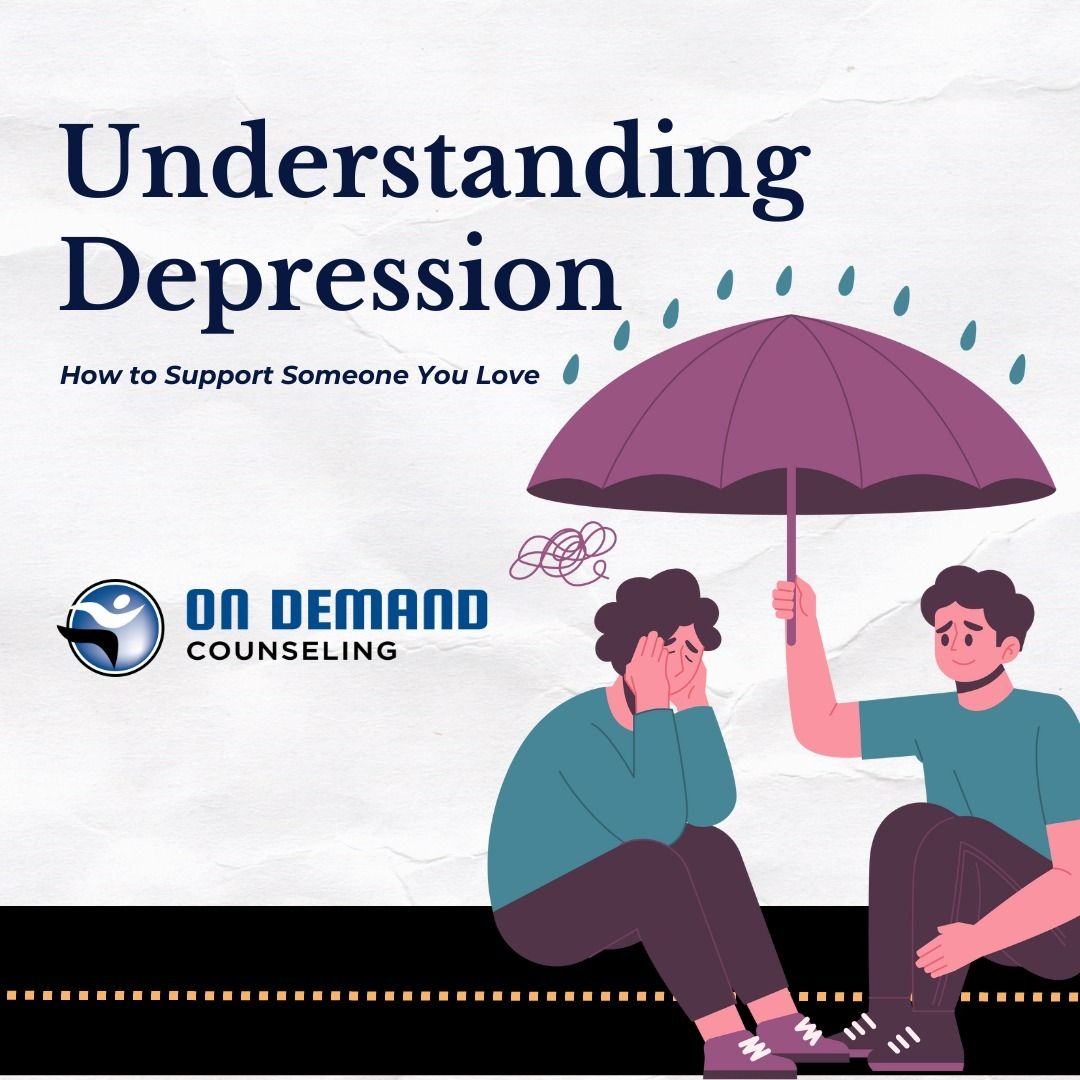4 Things You Didn’t Know About Treatment Resistance in Mental Illness
What is Treatment Resistance in Mental Illness?
As we work to break the stigma surrounding mental health, it is important to recognize a mental illness that is rarely talked about: chronic treatment resistance. Chronic treatment resistance in mental health is essentially when a patient does not respond to proper dosage and duration of prescribed medication at least two times. For example, if a client with depression is prescribed a common medication such as sertraline and sees no difference in symptoms for an extended amount of time, then tries another medication such as citalopram for another extended amount of time and still fails to see improvement, that patient may have chronic treatment resistance.

1. Treatment Resistant Depression Is Common
The National Center for Biotechnology Information (NCBI) reported that one third of depression patients experience treatment resistance. Millions of people suffer from depression every year and billions of dollars are spent by the United States on depression treatment and research. Those who do have treatment resistant depression are more likely to succumb to the mental illness as they are not able to respond to treatment. Therefore, that one third of patients have increased disability, cost, suffering and suicide rates.
2. You May Not Actually Have Chronic Treatment Resistance
Clinicians may not be able to diagnose a patient 100% accurately given every person’s unique genetic make-up and response to medication. According to NCBI, “Patients with TRD are not so much treatment-‘resistant,’ but rather, the heterogeneity of the condition ‘depression’ implies that patients are not receiving treatments that are matched to their individual diathesis.” In simpler terms, because depression is so unique to every person that struggles with it, it can be hard to pinpoint the exact medication, dosage and duration that will cure the patient’s symptoms. However, this does not mean that those with treatment resistant depression are falsely diagnosed, the above information is just a theory in scientific research studies.

3. There is a Scale Clinicians Use to Determine Treatment Resistance
The “scale” is essentially a threshold or percentage of severity or improvement in which a clinician determines if a patient has chronic treatment resistant mental illness. Since research of treatment resistance began, several models have emerged as a way to determine a patient’s treatment resistance. More recently, the trial and failure of two adequate medication routes is what determines a patient is treatment resistant.
How to Determine Treatment Resistance in Mental Illness
If a person is experiencing the same or higher percentage of depression symptoms after the trials, it is likely they have treatment-resistant depression. If a person experiences lower rates of symptoms with higher improvement levels, that person likely has found the right treatment plan for them and would not be categorized as treatment resistant, even after the second medication trial. NCBI states “In major depression and in generalized anxiety disorder, response is usually defined as a 50% decrease in symptom severity (but it has also been defined as a 25% decrease in patient selection for trials focusing on treatment resistant depression).” Other mental illnesses such as schizophrenia and OCD have lower symptom severity percentages.
4. There’s Plenty of Ways to Help Someone With Treatment Resistant Mental Illness
The most common and also simplest way to help manage symptoms in those with treatment resistant mental illness is therapy with a certified mental health professional. Counselors are trained to get to the root of the problem and make patients feel safe, heard and valued. For those that feel isolated or alone in their depression can find great benefit in having a constant (like a counselor) in their corner. Additional medications can also help those who have treatment resistant mental illness by addressing other, maybe milder symptoms; this is called augmentation. Augmentation usually does not include adding another antidepressant to a patient’s routine. Instead, it can be specific medications for bodily issues such as thyroid hormone levels which can affect a person’s mood. Other methods can be a bit more intense.

Electroconvulsive therapy, or shock therapy, can sound scary to some people based on previously established stigmas from pop culture. However, over half of electroconvulsive therapy patients benefited or saw immediate improvement using this method, according to the Consortium for Research in ECT.
What’s Next?
If you or someone you know is not responding to proper medication trials, or have been diagnosed already with treatment resistant mental illness, On Demand Counseling can help. Our licensed mental health professionals will work with you to feel happy and healthy again. With locations across Northeast Ohio, ODC is easily accessible and provides a multitude of programs and services for every individual’s needs.
Quick Links

Contact Us
We’re here to assist you. Contact our dedicated support team for any inquiries or assistance you may need.






